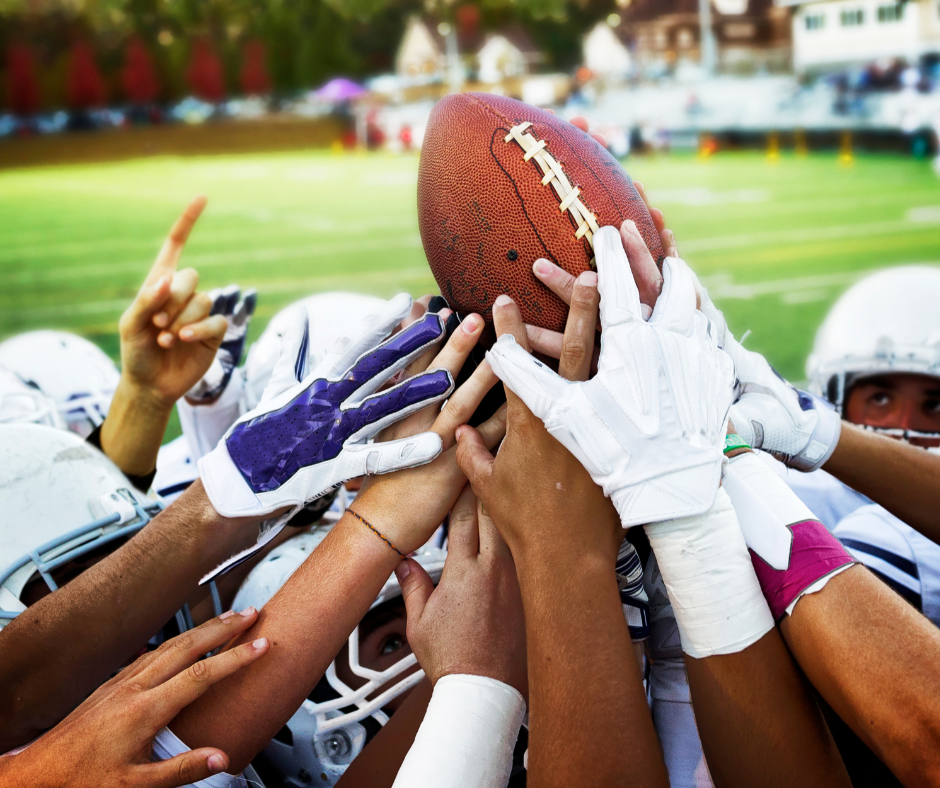Authors: Paul A. Robbins and Keisha Bentley L. Edwards
Abstract: National Collegiate Athletic Association (NCAA) Division I athletes have demanding schedules that sometimes require unique academic guidance. Their interactions with athletics-affiliated personnel, such as academic support staff and coaches, creates an opportunity for athletes to receive academic socialization that contributes to divergent educational experiences and outcomes compared to other college students. The present study examines whether NCAA Division I athletes report receiving similar types of academic messages as their non-athlete peers and if this socialization predicts differences in grades. Findings from this study suggest that NCAA athletes report more direct socialization than their peers, and that these messages primarily come from athletics-provided academic support staff. However, receiving more academic socialization did not predict higher grades for collegiate athletes. This paper argues that receiving disproportionate academic support may have negative developmental consequences for these emerging adults that would outweigh the nominal academic benefits.
Key Findings
- NCAA athletes primarily received academic messaging from academic support staff rather than family.
- While NCAA athletes received more direct assistance and school-related encouragement than non-athletes, the support did not predict better grades.
- The authors suggest that athletic departments shift from emphasizing direct academic support to providing services that foster greater independence during this key transitional period of social and career development.

